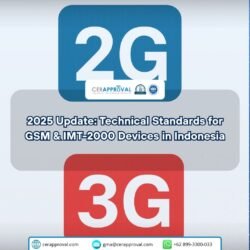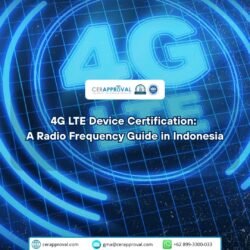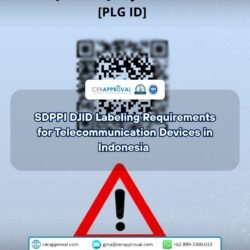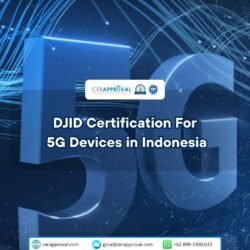New Technical Standards for Amateur Radio Transceivers in Indonesia 2025
The Indonesian Ministry of Communication and Digital (KOMDIGI) has officially issued Ministerial Decree (Kepmen) No. 44 of 2025 on the Technical Standards for Amateur Radio Transceivers. This regulation was enacted on 18 February 2025 and will officially take effect on 18 August 2025, replacing the outdated standards established in Dirjen Decree No. 80/DIRJEN/1999.










